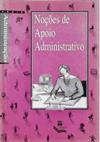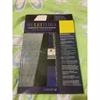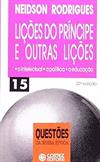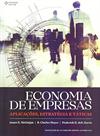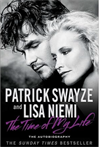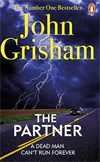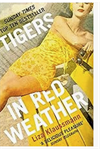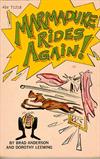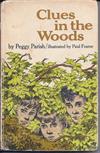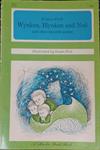
What Lies Beneath: Katrina, Race, and the State of the Nation
1 journaler for this copy...
My wife and I will soon be traveling to New Orleans on a social action service trip, and this book was recommended to us by The Center for Ethical Living and Social Justice Renewal.
 This collection of essays dates from immediately after to perhaps one year after Hurricane Katrina and the subsequent flood in August 2005. Published in 2007, intended as harsh social criticism, it is today transitioning towards a historical document. In 2007 I was a (short-term) volunteer in the Lower Ninth Ward myself, so I read it as history relating to personal events. Contents include:
This collection of essays dates from immediately after to perhaps one year after Hurricane Katrina and the subsequent flood in August 2005. Published in 2007, intended as harsh social criticism, it is today transitioning towards a historical document. In 2007 I was a (short-term) volunteer in the Lower Ninth Ward myself, so I read it as history relating to personal events. Contents include:A Raging Flood of Tears (poetry), by Ewuare Osayande
Slum Clearance, by Lewis H. Lapham
Nature Fights Back, by Ross Gelspan
How We Survived the Flood, by Charmaine Neville
To Render Ourselves Visible, by Alisa Bierria, Mayaba Liebenthal, and incite!
Wade in the Water, by Tiffany Brown
Southerners on New Ground, by Mandy Carter
This is Criminal, by Malik Rahim
The Birth of the Clinic, by Roger Benham
Common Ground Relief, by Sue Hilderbrand, Scott Crow, and Lisa Fithian
Corporate Reconstruction and Grassroots Resistance, by Jordan Flaherty
The Obscurity of Black Suffering, by Jared Sexton
The Meaning of "Disaster" under the Dominance of White Life, by Dylan Rodriguez
Afterword: Political Literacy and Voice, by Joy James
On Refuge and Language (poetry), by Suheir Hammad
The perspectives vary, from matter-of-fact to revolutionary rhetoric. Trying to accommodate every one of these mutually incompatible perspectives would be impossible. Personally, I stand in disagreement with some of the judgements passed by some of these writers. But taken as a whole, the challenge was good for me, and forced me to grapple with and determine where my own values lie. This is not comfortable reading.
I started reading this before my 2013 return to New Orleans, but then put it down after slogging through the jingoistic "To Render Ourselves Visible". After my visit, I returned to the book, and was fascinated by the stories of Common Ground and the activist response that took place in the absence of an official response. Near the end of the book, the piece on "The Meaning of Disaster" makes a good point about the manufacture of so-called natural disasters, but then diverges way off topic into Philippine politics.
On a personal note, last week I paid a visit to the sites of homes I gutted, and found that all three had been demolished in the years following. I spoke with a neighbor there who had rebuilt. The Lower Ninth Ward remains in a state of limbo. The photo attached to this journal entry shows how there is nothing on that block of Andry St. today.
